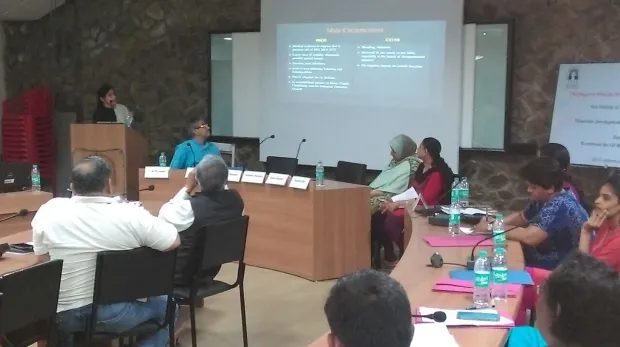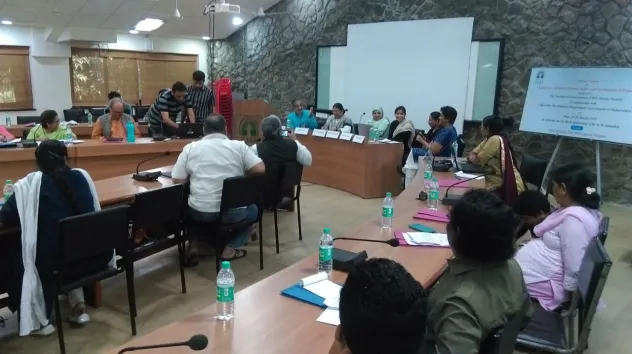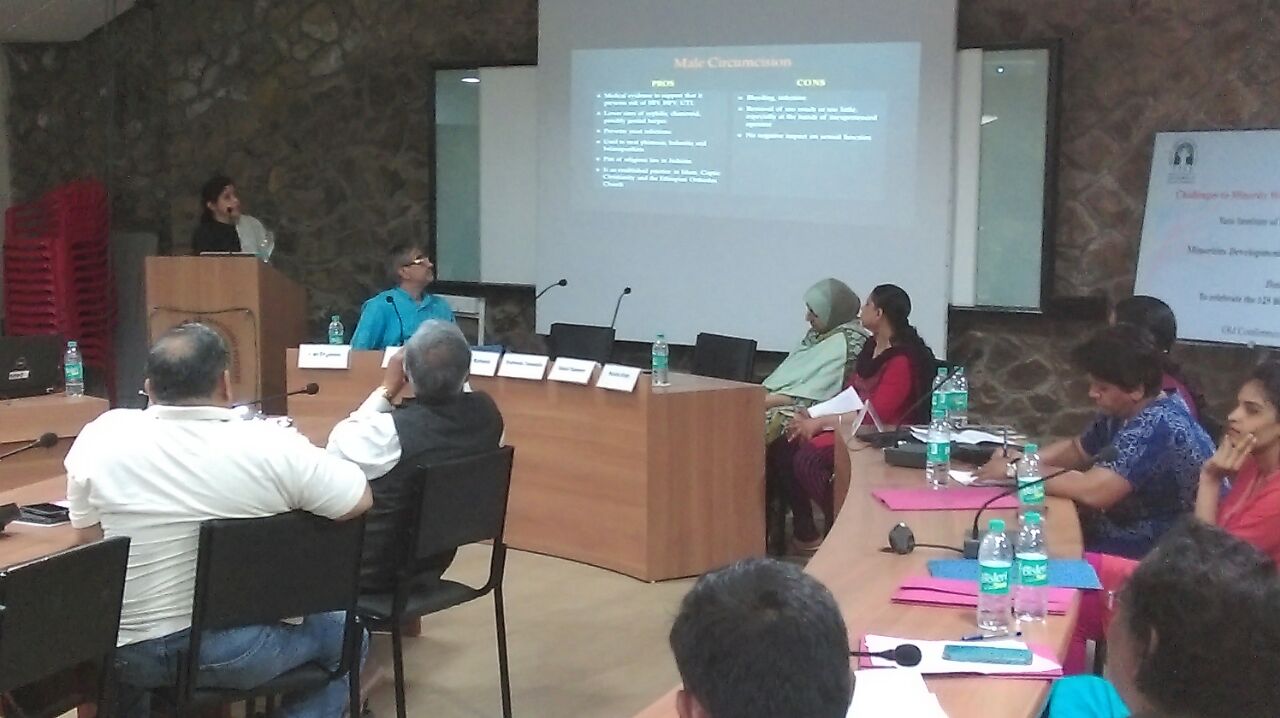On the 25-26th of March, Sahiyo co-founder, Shaheeda Kirtane attended a roundtable conference to celebrate the 125th Birth Anniversary of Dr. B. R. Ambedkar and to raise awareness about Dr. Ambedkar’s great contributions for welfare of society and especially women. In collaboration with the Minorities Development Department, Government of Maharashtra, and Tata Institute of Social Science, the two-day seminar focused on “Challenges to Minority Women’s Rights and Development in Maharashtra”. The broad issues for deliberation and discussions for the seminar were:
- Socio-economic situation of religious minority women in India and specially in Maharashtra
- Discriminatory social practices and hostile environments: domestic and work place
- B.R. Ambedkar and the constitutional provisions for rights of women
- The way out and learning from other societies/countries
- Government schemes for women’s development
Despite significant improvements over the years in legislation and social practices related to women, gender justice remains a far cry in many developing countries. For a majority of women in India, irrespective of their class, creed and regional locations, the ‘right to property’, ‘education’ and ‘freedom’ remain distant dreams and their lives revolve around the male-dominated social practices.
Among the women, those from religious minority communities suffer from multi-fold deprivations. First, as being women in a patriarchal society. Second, as women belonging to already marginalised minority communities, and third, their relations with state which is yet to provide equal opportunities to women in critical spheres.


To contribute to the discussion on women’s rights, Shaheeda was a part of an expert panel discussion where she engaged the audience with a presentation on “Discriminatory Social Practices in the 21st Century: ‘Khatna/Khafd’ amongst the Dawoodi Bohras of India”. She shared information and discussed the non-confrontational approach taken up by Sahiyo to tackle the secret, pre-pubescent, coming-of-age ritual of ‘khatna,’ which is often looked upon as an “African” practice by many in India. She also discussed the much needed attitudinal change that is essential for the community to discard this outdated, patriarchal practice that has no medical or religious basis, and serves as an ancient tool used for oppression of women.

